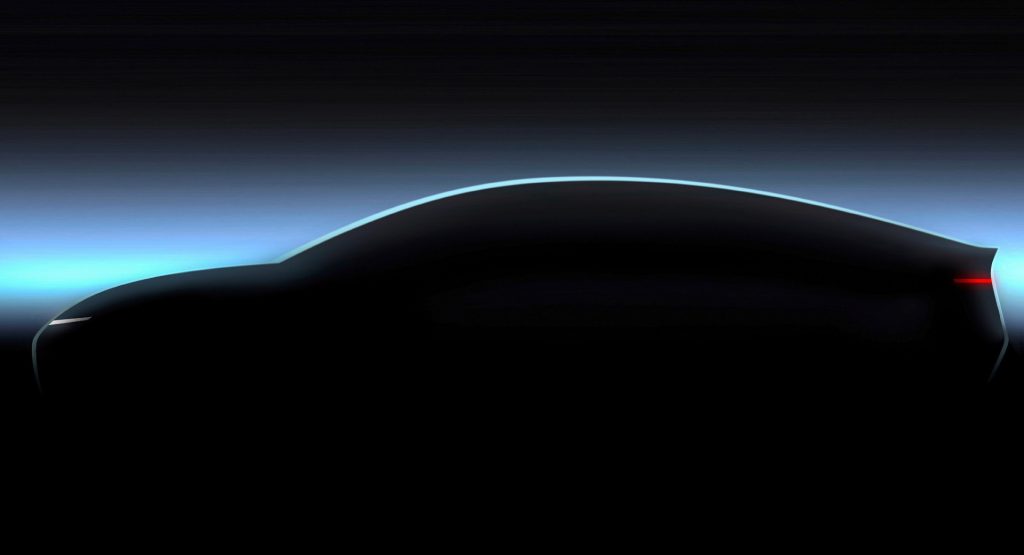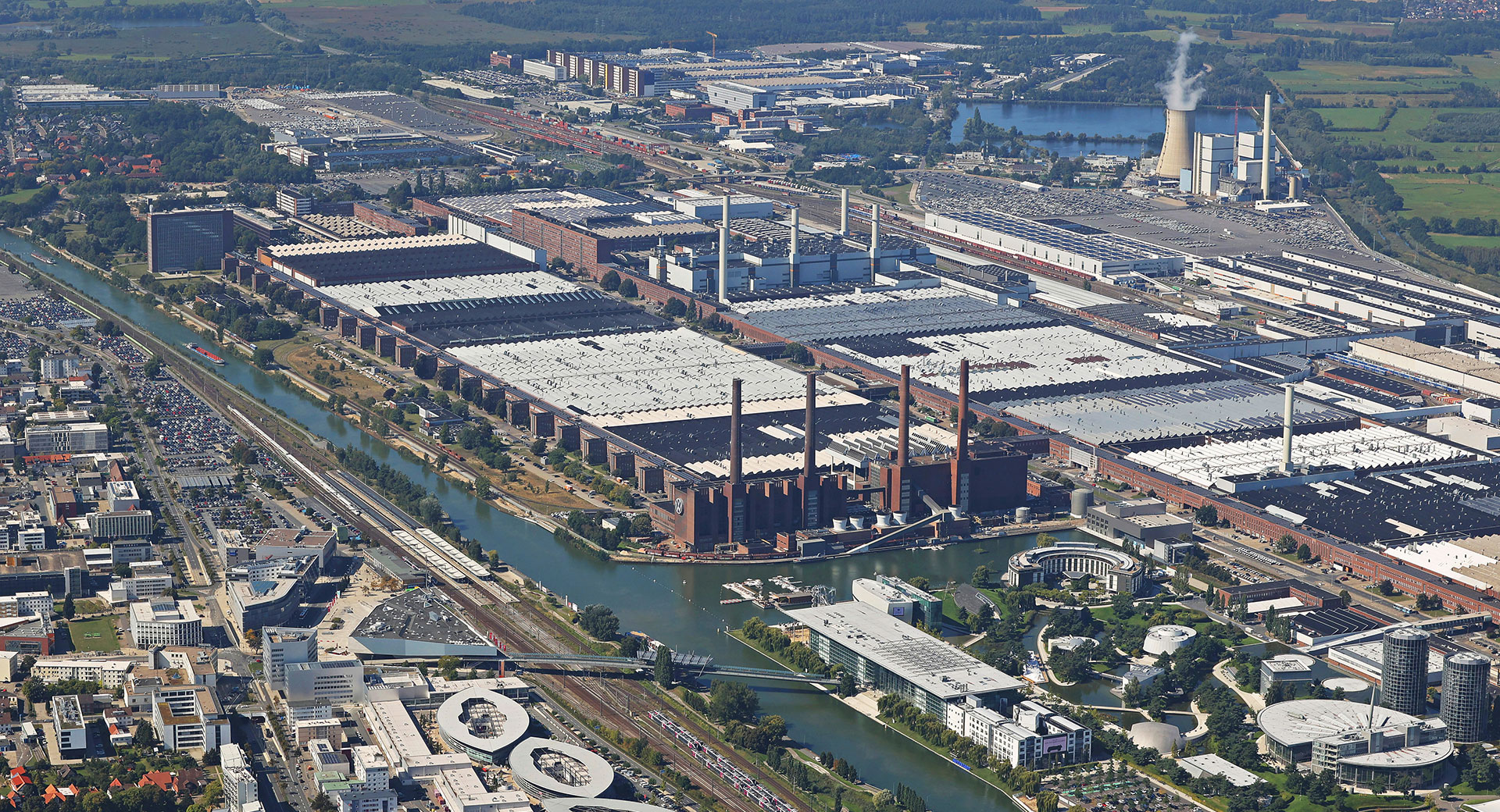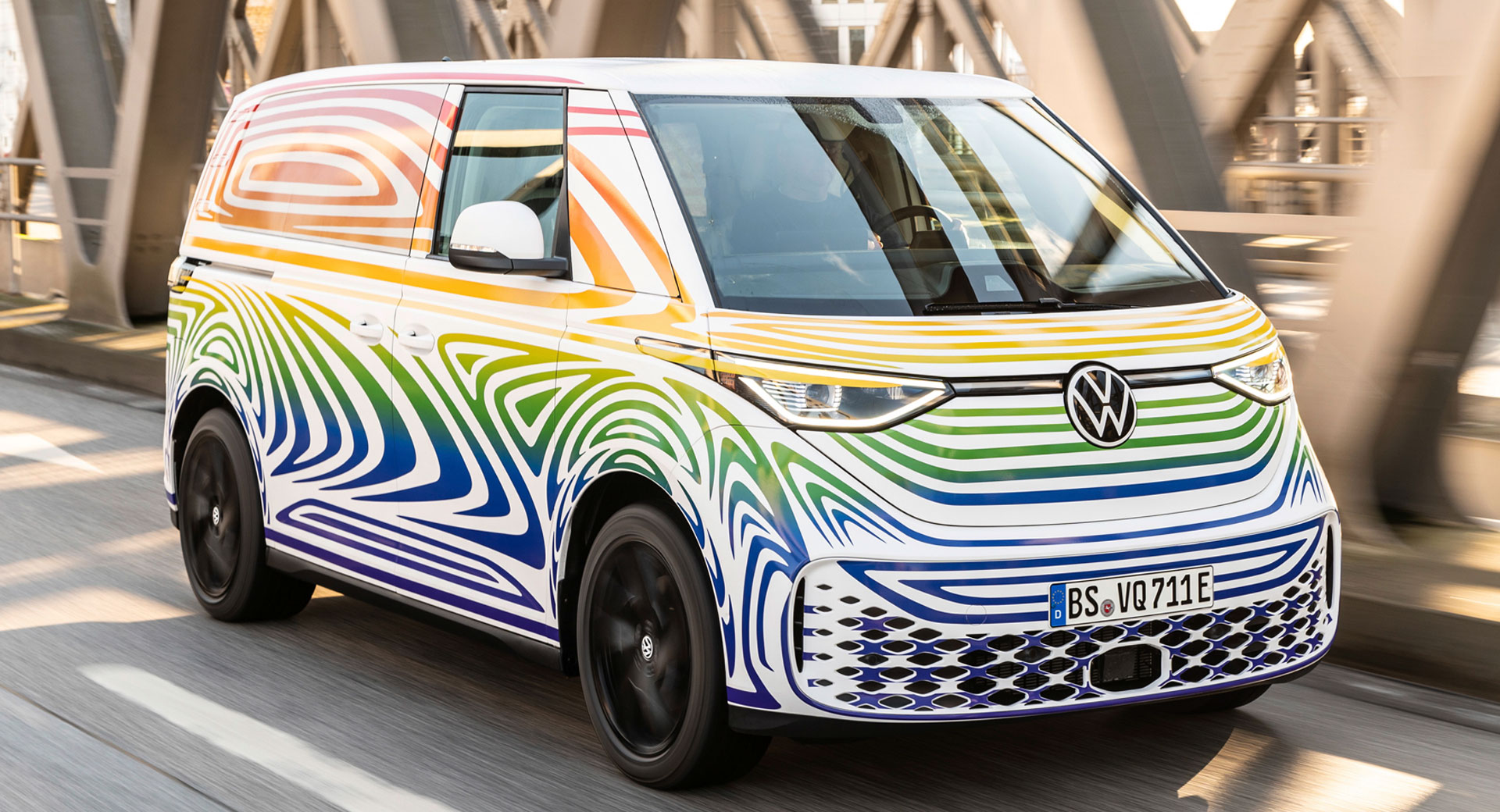Volkswagen announced plans today to build an all-new $2.2 billion production facility exclusively for electric vehicles. A new vehicle called Trinity will be the first model built there once construction is completed. If all goes to plan, groundbreaking will take place in the Warmenau district of Wolfsburg as early as spring of 2023.
Ford recently announced plans to split production between two branches, Ford e, and Ford Blue, the former specifically focused on electric vehicles, and the latter on internal combustion-powered ones. That’s the same sort of reasoning for this move by Volkswagen. The German brand plans to dramatically speed up production and cut costs in the long run.
The Trinity sedan that’s in the works is targeting some 435 miles (700 km) of range and should be similarly sized to the current Passat. Volkswagen would like to see it go into production by 2026 with technical readiness for Level 4 autonomous driving. Notably, it will be the first vehicle to use VW’s SSP electric Super Platform.
Related: Europe’s 2023 VW Passat Variant Spied For The First Time In Its Production Body
At maximum production capacity, VW hopes that they can build a complete vehicle in as little as 10 hours. It cites the diminished complexity for a production line that doesn’t have to support the same components and variables introduced in lines that can build both ICE and electric vehicles.
Dr. Christian Vollmer, Member of the Board of Management of the Volkswagen brand responsible for Production, commented: “We are focusing on innovative and sustainable manufacturing concepts. Building a new factory in Warmenau also gives us the opportunity to make the existing factory fit for the future, step-by-step and from top to bottom. Trinity stands for a completely new kind of thinking, production, and collaboration.”
The Trinity plant will be a sister manufacturing plant to the current one there in Wolfsburg that happens to be responsible for the construction of the ID.3 starting next year. Once the Trinity facility is finished, it will be the model for transforming the original plant and for future production sites.
By creating this new facility, Volkswagen can maintain its current production plans for other vehicles like the Tiguan, Tayron, and Golf. That’s key considering all of the factors that have slowed or even stopped production in recent months and years.










